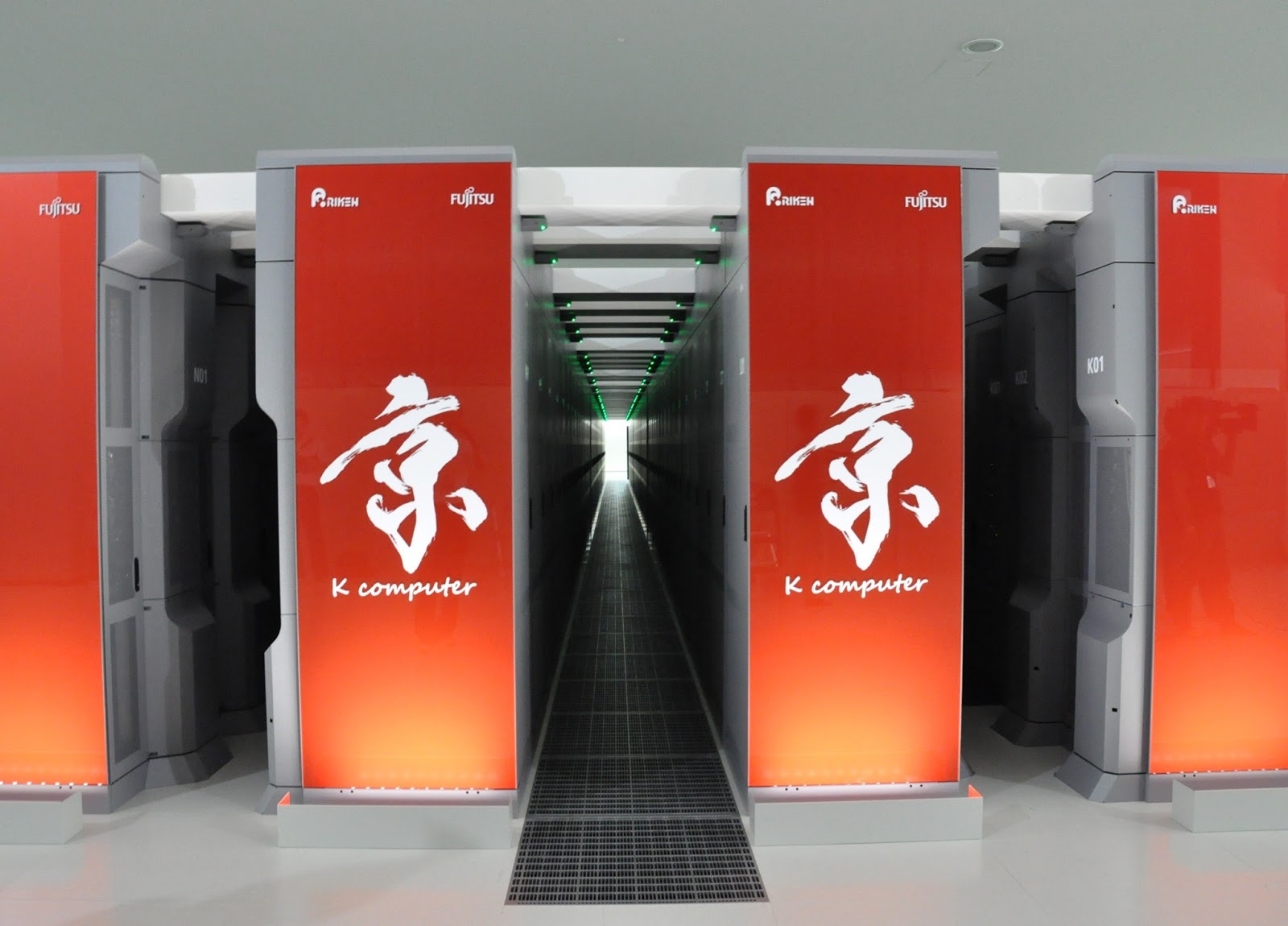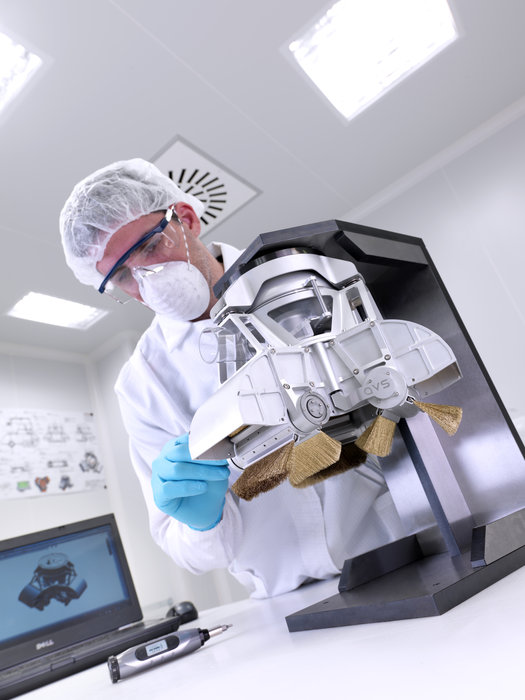The Universal Soldier franchise may soon be a reflection of our reality, as DARPA intends to improve the soldiers’ performance and reaction to PTSD by implanting chips in their brains.
Let’s be frank here, for a second. The military have dreamed of having cyborg soldiers ever since computers became a thing, and while chips in soldiers’ brain doesn’t exactly make them cyborg, you can’t deny that this brings the whole concept closer to reality. Conspiracy theorists may look at DARPA’s latest venture as a plan to take over the world, but such chips could have applications in medicine for the common folk, too.

“Of the 2.5 million Americans who served in Iraq and Afghanistan, 300,000 of them came home with traumatic brain injury,” explained journalist Annie Jacobsen, author of The Pentagon’s Brain, a book about DARPA’s history, in an interview with NPR. “DARPA initiated a series of programs to help cognitive functioning, to repair some of this damage. And those programs center around putting brain chips inside the tissue of the brain.”
In the first stage, this series of programs will focus on soldiers that came back home with either physical or psychological traumas. Should the results be satisfactory, the chips and the related technology will make its way into our lives, and will speed up the mental or physical recovery of people who suffer from such problems.
More than that, to make advancements in artificial intelligence, scientists first need to have a proper understanding of the human brain, which hasn’t even been mapped yet. Advances in neuroscience will play a role in AI, even though the mainstream view in the field is different.
“When you see all of these brain mapping programs going on, many scientists wonder whether this will [be what it takes] to break that long-sought barrier of AI,” continued Jacobsen.
One of the most interesting aspects about DARPA is that it makes its discoveries and inventions public, while the Russian, Chinese and European homologue agencies don’t. Now I may sound like a conspiracy theorist, but in the wrong hands, brain-implanted chips such as the ones developed by DARPA could be used for all the wrong reasons.
“Imagine a time when the human brain has its own wireless modem so that instead of acting on thoughts, warfighters have thoughts that act,” stated DARPA’s Eric Eisenstadt at a tech conference in 2002. I guess we’re not that far, are we?
Be social! Follow Walyou on Facebook and Twitter, and read more related stories about DARPA’s brain-connected prosthetic hand that feels objects, or DARPA’s ATLAS robot with no strings attached.
Via: Fusion.net | NPR










